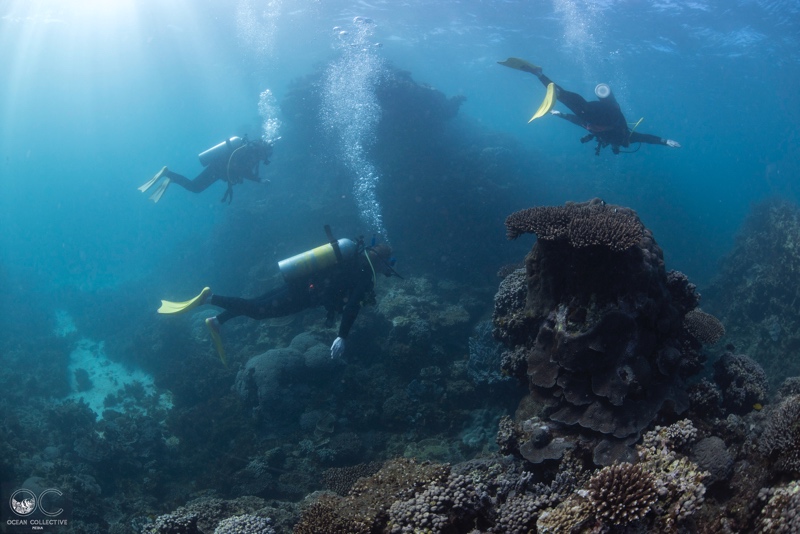
One of the greatest gifts a parent can give a child is their independence. Not all at once but gradually, incrementally, sensibly. Teaching personal responsibility, self-sufficiency, survival skills, life skills. Building resilience and self-regulation. Failing to do so creates dependency, entitlement, fragile egos, susceptibility to bullying, heightened risk of mental health problems, fraught relationships, conflict and risk averse behaviour; in summary, a less successful life.
Yes, the world can be a dangerous place, especially for children. However, paradoxically it can be less so as we mature into adults, if we have gained the courage to take calculated risks as a young person under the supervision of responsible adults. In so doing, we can learn how to solve our own problems, make good decisions under pressure, gain insight from our mistakes, enhance our emotional, social and cognitive intelligence, become leaders rather than victims, doers rather than takers.
With autonomy comes confidence, innovation, creativity, productivity, personal responsibility and appropriate risk management. We value what we have, we treasure what we have achieved, and we recognise the striving of others as they too learn self-reliance. Sure, we may be less inclined to take orders like a soldier might, but when we are compelled to fulfill such roles, we do so with wisdom and perspective.
Autonomy and its development flows freely with competent and diligent parenting. Our brains have ‘windows’ of opportunity prior to adulthood to optimise our neurological potential and functional capacity. Autonomy is a key feature of this development as it allows the individual to be exposed to a diversity of stimuli, and so more able to ‘wire’ a larger number of neural pathways (knowledge and skill) as a consequence of the learned responses. Conversely, children who are over-protected (molly-coddled some say) miss opportunities for such learning.
Thankfully, as adults we can choose to develop and enhance our skills through increased autonomy. However, if we are coming from a position of deprivation as a child, this remediation is harder than perhaps it may have been. For many of us though, the reality is we ‘play catch up’ for the rest of our lives, and maybe, that is no bad thing. It can give our lives purpose and meaning. As long as we strive to catch up, else we may be doomed for mediocrity.
Leave a comment